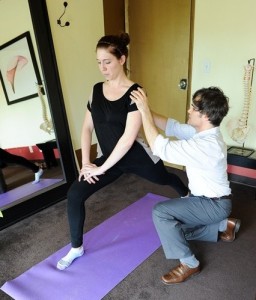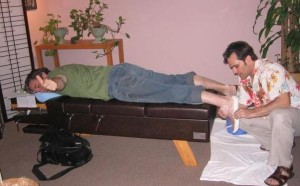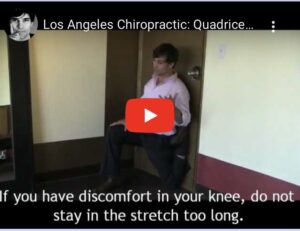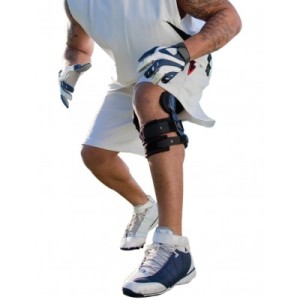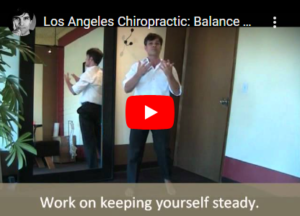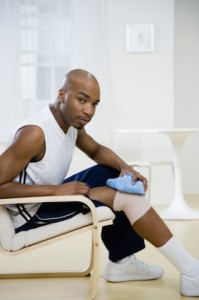Knee pain is not uncommon in athletes, particularly in sports that require lots of sharp cuts and turns like basketball, football and soccer. But even the amateur and non- athlete are prone to knee pain and injury. Walk or run for health purposes and increase your susceptibility to knee pain and injury. In fact, people who are not regular exercisers, but pick up activity to get back into shape, are at a higher risk for knee injury, and when it happens it can be the killer of any future exercise regimen. So what to do? The following are the seven most important steps to take when you feel knee pain or suffer an injury:
The first step is to get evaluated by a professional. There can be a simple fix for some knee pain, but not caring for your injured knee properly can make things worse, and leave you susceptible to further damage (some irreparable without surgery). Being evaluated, at the very least, will set you in the right direction, and might even solve your problem without the knife.
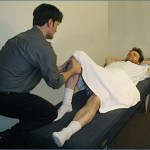
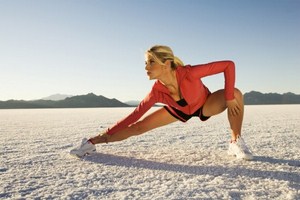 A common misconception people have about stretching is that it is a passive activity–that is, the muscles should be stretched by using of gravity to pull the muscles. Wrong! In fact, over time
A common misconception people have about stretching is that it is a passive activity–that is, the muscles should be stretched by using of gravity to pull the muscles. Wrong! In fact, over time 